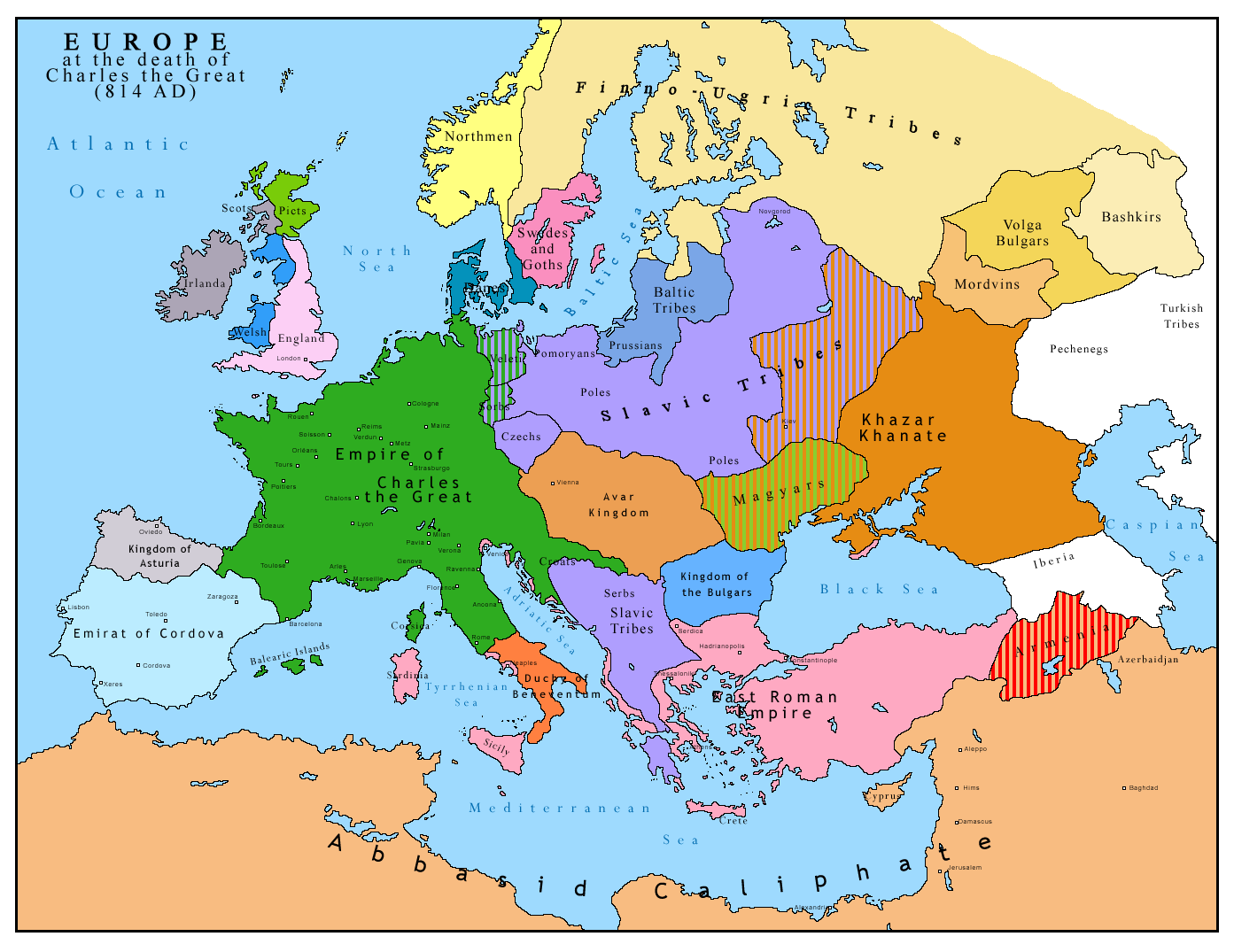History /
DEMOGRAPHIC CHANGES OF POLES IN LITHUANIA IN 1947-1959 [6]
Summary
After the Second World War radical political and economic-social changes in Lithuania; as well as interstate agreements between the USSR and Poland greatly affected the situation of Polish Lithuanians and caused large migration processes (1944–1947, 1956–1959). These processes had long-term consequences for both the Poles who left and those who remained in Soviet Lithuania. The aim of the current work was to reveal the factors that influenced the dynamics of the numbers of Poles in Lithuania in 1947–1959, to establish their number during that time, and to show the effect of the migration process during 1956–1959 on the quantitative and social-demographic structure of the Poles in the LSSR.
In 1947, 100–120 thousand Poles lived in Soviet Lithuania. They were clustered in Southeast Lithuania, the regions of Vilnius, Nemenèinė, Naujoji Vilnia, Pabradė, Šalèininkai, Trakai and Eišiškės. One of the most important factors that caused an increase in the number of Poles in Lithuania was their migration from the USSR (especially from Soviet Belarus, Russia, and Ukraine). Thousands of Poles arrived from there during the period in question. The number of Poles in the LSSR also grew fairly markedly due to natural growth, which amounted to about 40 thousand people.
The repatriation of Poles to Poland during 1956–1959 had a long-term effect on the Polish community in the LSSR. During it, over 40 thousand Poles emigrated from Lithuania, including many representatives of the intelligentsia and youth. The repatriation can be seen in more than one way. In part, it eliminated the consequences of the Second World War and post-war years: it allowed some split Polish families to unite and gave other Poles broader opportunities for self-expression in personal, professional, and other activities. But for the Poles who remained in the LSSR it had also negative consequences. After the intelligentsia left, no one
remained who was able to maintain and strengthen the ethnic self-consciousness or develop Polish culture. One of the consequences of this repatriation was a more rapid weakening of the ethnic consciousness of Poles in the LSSR and their denationalisation. The following conclusions are formulated at the end of the article:
The migration processes greatly affected the dynamics of the numbers of Poles in the LSSR. During 1944–1947, the majority of Poles emigrated to Poland, the number of inhabitants in the Vilnius region declined significantly, and a shortage of workers was felt. After the mobilisation plans of the leadership of the LSSR to populate the Vilnius region with Lithuanians did not entirely succeed, arrivals from the USSR took the place of the Poles who had emigrated. Due to the intensive migration from the Soviet republics of Russia, Belarus and Ukraine, thousands of Poles arrived in the LSSR who strengthened the ranks of the Polish community.
According to the USSR–PPR agreements, over 48 thousand people, most of whom (over 40 thousand) were Poles, were repatriated from the LSSR to Poland during 1956–1959. This repatriation affected not only the quantitative but also the qualitative situation of the Polish community and had long-term negative consequences for it. The repatriation affected the social-demographic structure of the community: a significant part of the Poles who emigrated to Poland were part of the small intelligentsia (during just 1957–1958 about 200 Polish teachers emigrated to Poland) and many young people (people in the 16–35 age group comprised over 35 percent of all those who left). Repatriation negatively affected the ethnic self-consciousness of the Poles: no one was left who could consolidate the efforts to strengthen the ethnic self-consciousness and develop Polish culture and enlightenment in the LSSR. The remaining Poles found themselves in a cultural vacuum. The ethnic identity of the Poles gradually weakened and their Russification accelerated. While 97 percent of the Poles in 1959 said their native language was Polish, in 1989 only 85 percent did so. Assimilation and minor internal (on the scale of the LSSR) migration processes in Southeast Lithuania also affected the dynamics of the Polish numbers and the ethnodemographic and ethnocultural situation of their localities.
 PolishForums LIVE / Archives [3]
PolishForums LIVE / Archives [3]

